There are times when the differences between our two children amaze me.
Luke can happily focus on reading a book or dissembling a toy digger by himself.
On the other hand, Judy loves to engage with other people. When she is not directing her younger brother in a role play, she’s enticing him to enlist her parents in whatever activity she has chosen.



I’m convinced that children’s personalities, at least in part, are genetic.
Even though two children grow up in the same family and attend the same schools, one child can wind up far more extroverted than the other sibling.
Neither is better or worse, but they certainly are different.


I do recognize that children have different needs at different ages. Judy is older than Luke and her developmental needs bring unique challenges to us as parents.
I often remind myself to stay calm and to understand her needs from her perspective.

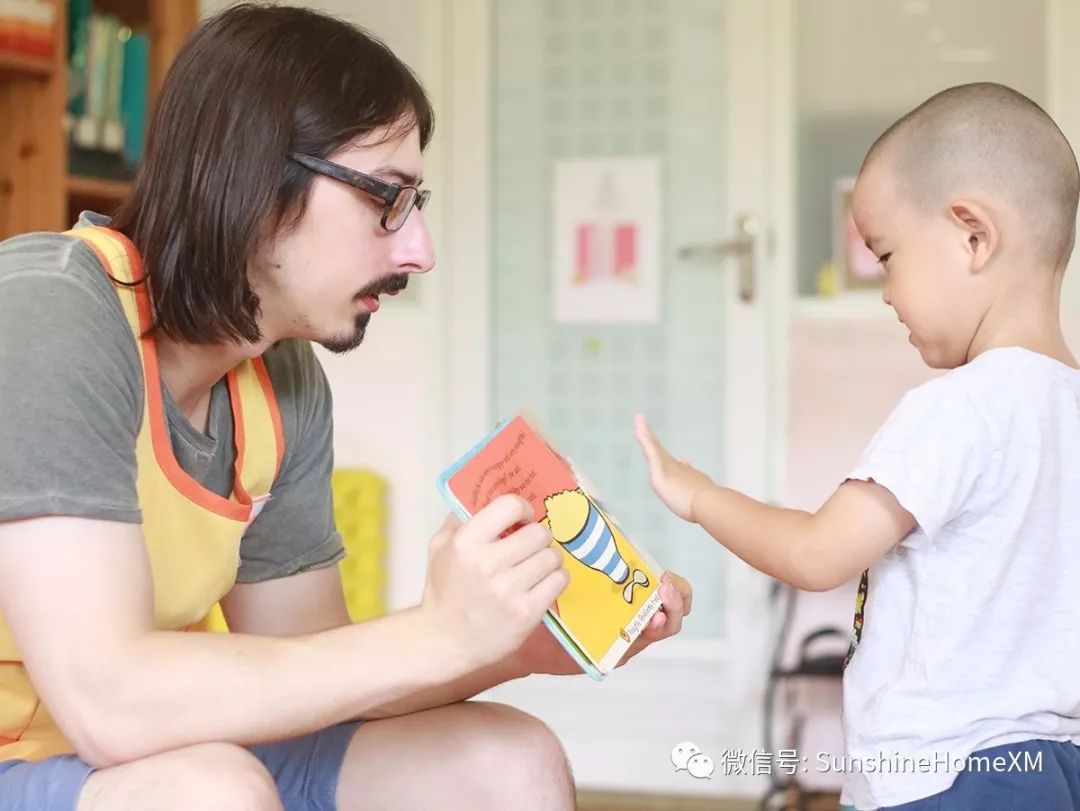
As Judy has gotten older, she’s begun to explore a new concept. There are times when she seems to believe that negative attention is better than no attention at all.
If I’m busy and can’t play with her, she might hit her brother, knowing that I’ll stop what I’m doing and intervene.
Though I try to remain stoic, she knows that I snap to attention if she says “I hate you.”
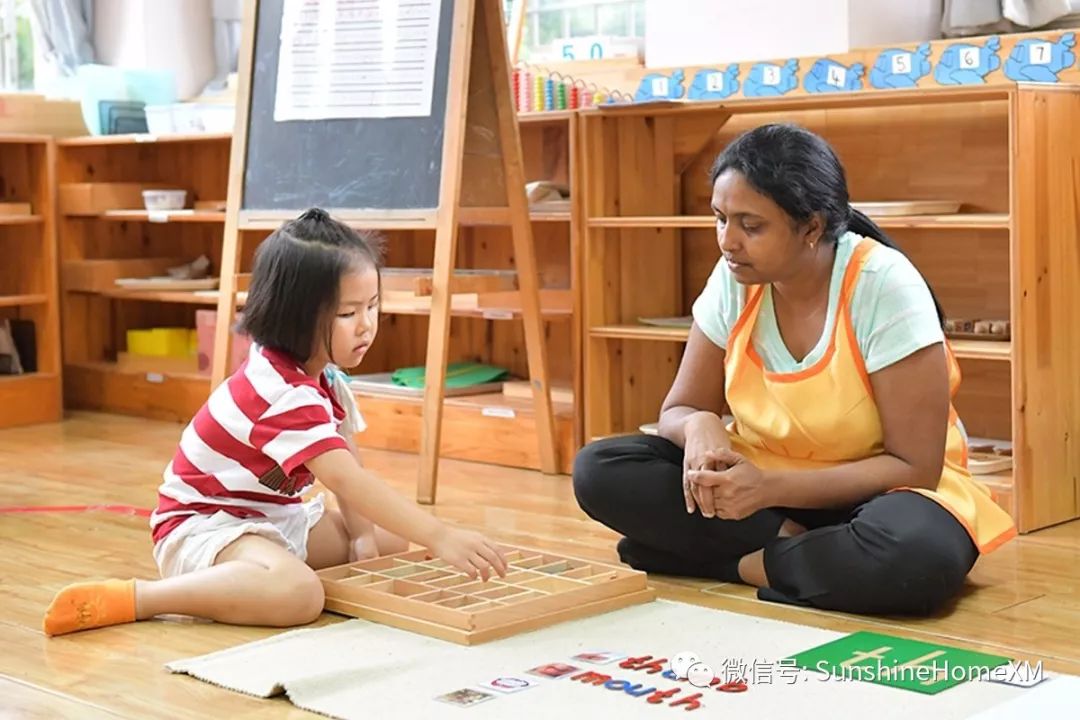
If I implore her to hurry up and brush her teeth, I might find that she “accidentally” poured water on the bed.

Objectively speaking, I get it. Judy is now five and she has developed a keen sense of justice.
When she feels hurt by life or treated unfairly, she wants to even the scales by lashing out in response.
She’s only five and she is still trying to figure out how the concept of fairness plays out in life.
Sometimes that means she tries to hurt my feelings. Of course I know how much she truly loves me, but there are still times when her words are a bit too effective.
When she does something like that, I ask myself a simple question: “What is Judy trying to tell me with her behavior?”
In context, these behaviors that look like revenge often suggest that Judy feels mistreated or underappreciated in the family, which is the entire world to her.

According to Laura Kuehn, a licensed clinical social worker specializing in children and families, a child who displays retaliatory behavior is often identified as the black sheep in the family.
Once that identifying marker is hung on a child’s neck, it can be hard to remove. As Ms. Kuehn puts it: “Once he feels he is bad, he will continue to act in such a way to confirm his perception that he deserves such a negative label.”
So how can I intervene to change Judy’s behavior without unduly labeling her as a “problem child”? Effective listening is very important.
For example, I listen to Judy when she explains why she doesn’t want to brush her teeth. If she says she is tired and proposes brushing her teeth after dinner instead of before bedtime, I’m happy to accept her proposal.
She feels heard and she gains a real sense of agency in and control over her life.
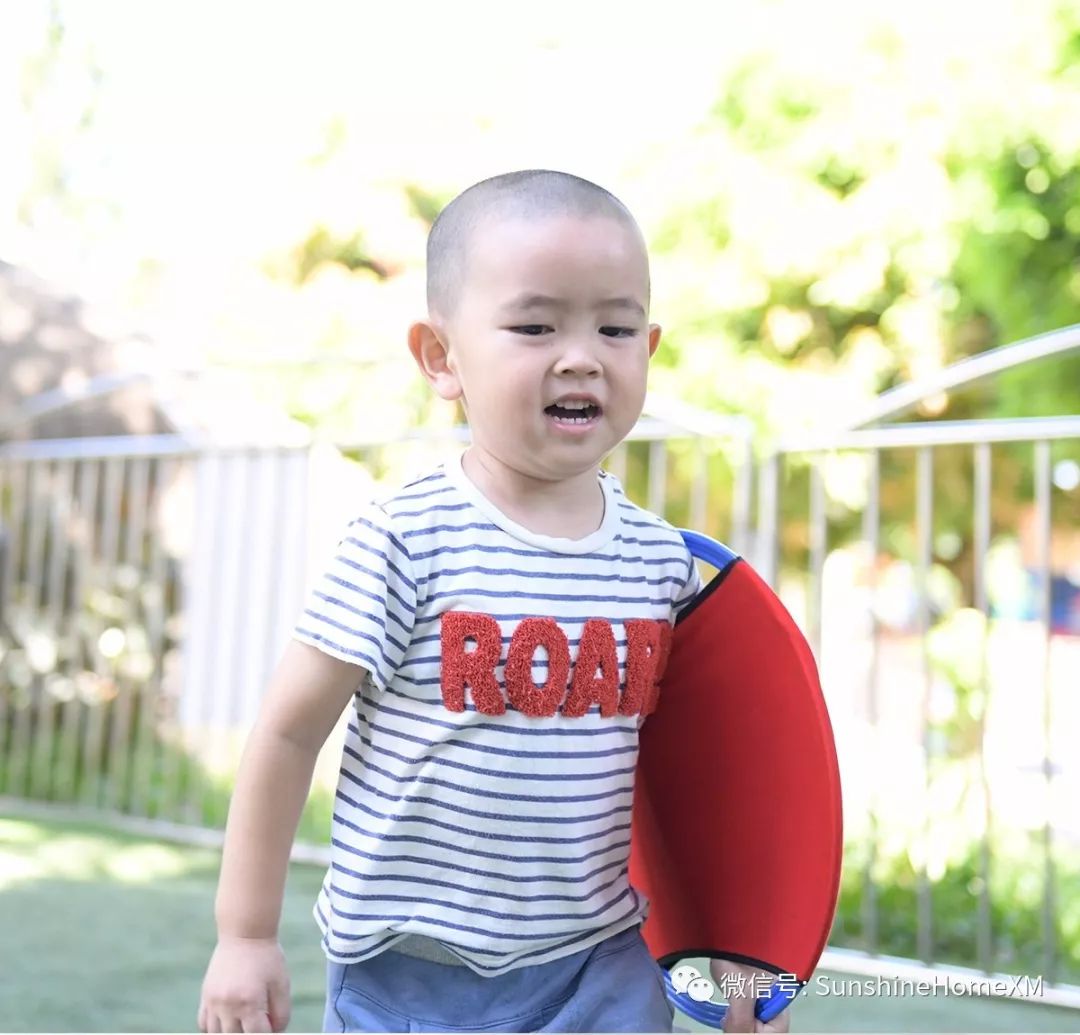

Active listening means that I have to let Judy finish her sentences or her argument, even if I know where she’s going and could speed things up with a quick fix.
Yes, that sometimes means spending five minutes listening to ridiculous reasons why brushing one’s teeth is impossible at this moment.
In the long run, I know that those five minutes are time invested in Judy’s future (even if it feels like time lost in the moment).
And I have to be very careful to break the cycle of retaliatory behavior, both to set an example and to avoid a vicious cycle of escalating negative behavior.
If she throws water on my comforter, I could take her quilt as compensation. But she’s smart and I know what will happen next… she will turn off the air conditioner and leave me sweating under her comforter!
Instead, I take out another comforter and explain why her behavior was inappropriate. To her credit, she really does seem to listen.
As an added bonus, I’m modeling the behavior I expect of her.

My husband and I also set aside time to make conscious displays of Judy’s important role in the family.
For example, I wrote her a quick thank you letter praising her ingenuity in proposing to brush her teeth after dinner time.
My husband puts aside quality time to spend with Judy and reassure her that she is very important to him, to her mom and to the whole family.



What looks like revenge is often an action in which a child engages in order to try and tell parents: “I am in pain, help me.”
The best we can do in these situations is to actively listen to the child and to sympathize.
When our children truly feel loved and valued, the reason for the negative behavior goes away.

International Sunshine Home is Xiamen’s premier bilingual Arts and Sciences pre-school. Our qualified teachers and small class sizes help your child grow up in a safe and happy environment.
We welcome you to visit us in person to find out more. Simply reply to our WeChat and send us your name and your child’s name along with your phone number.



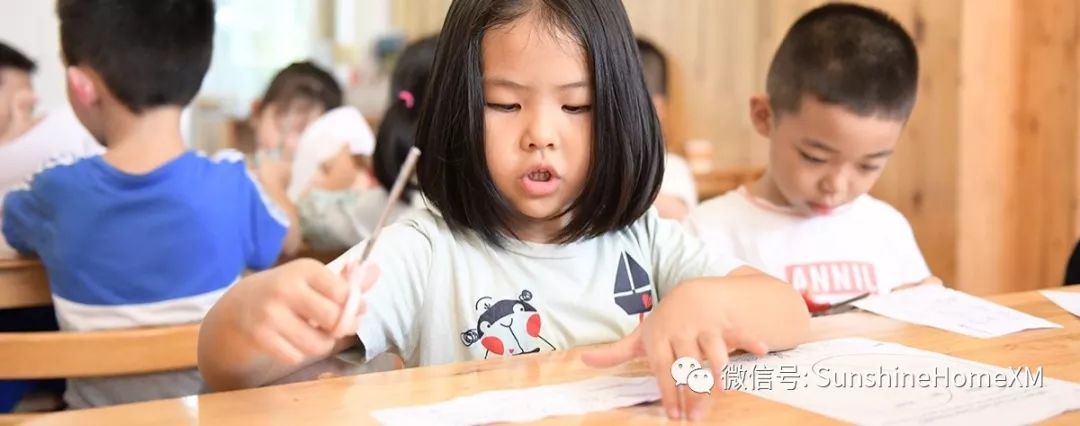
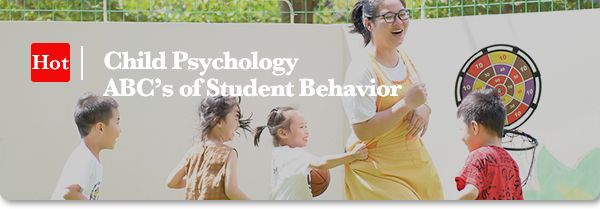




 International Sunshine Home Arts & Sciences
International Sunshine Home Arts & Sciences